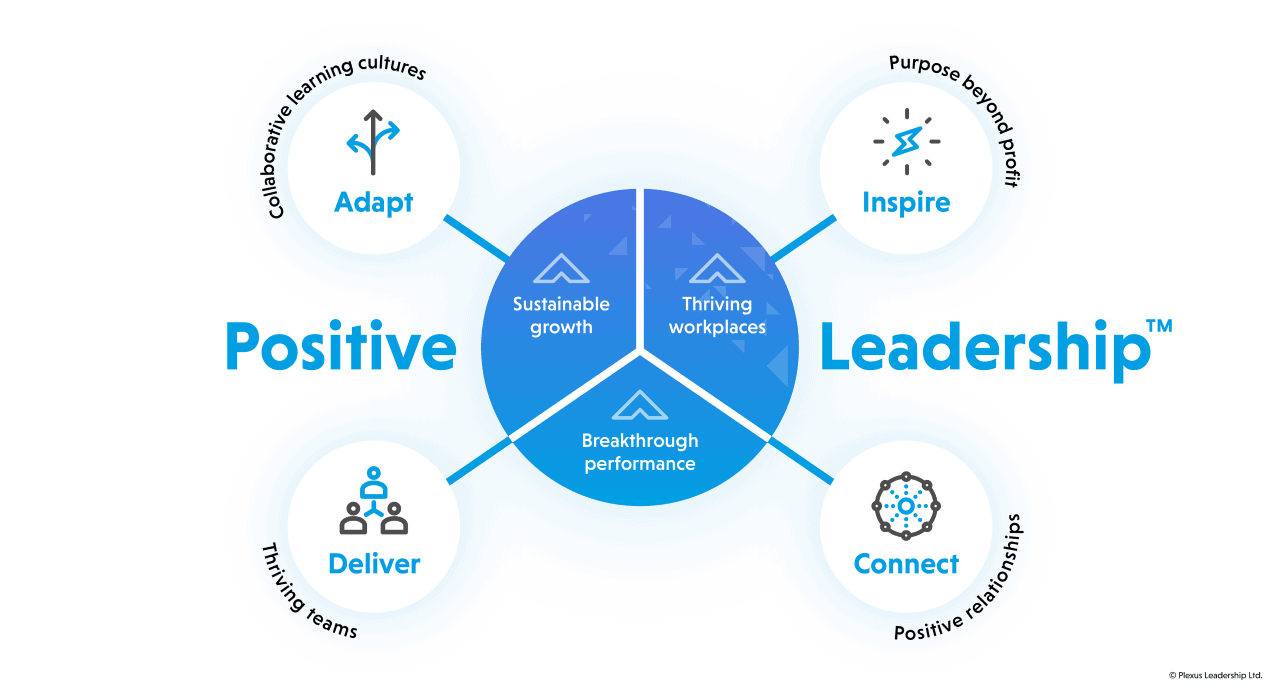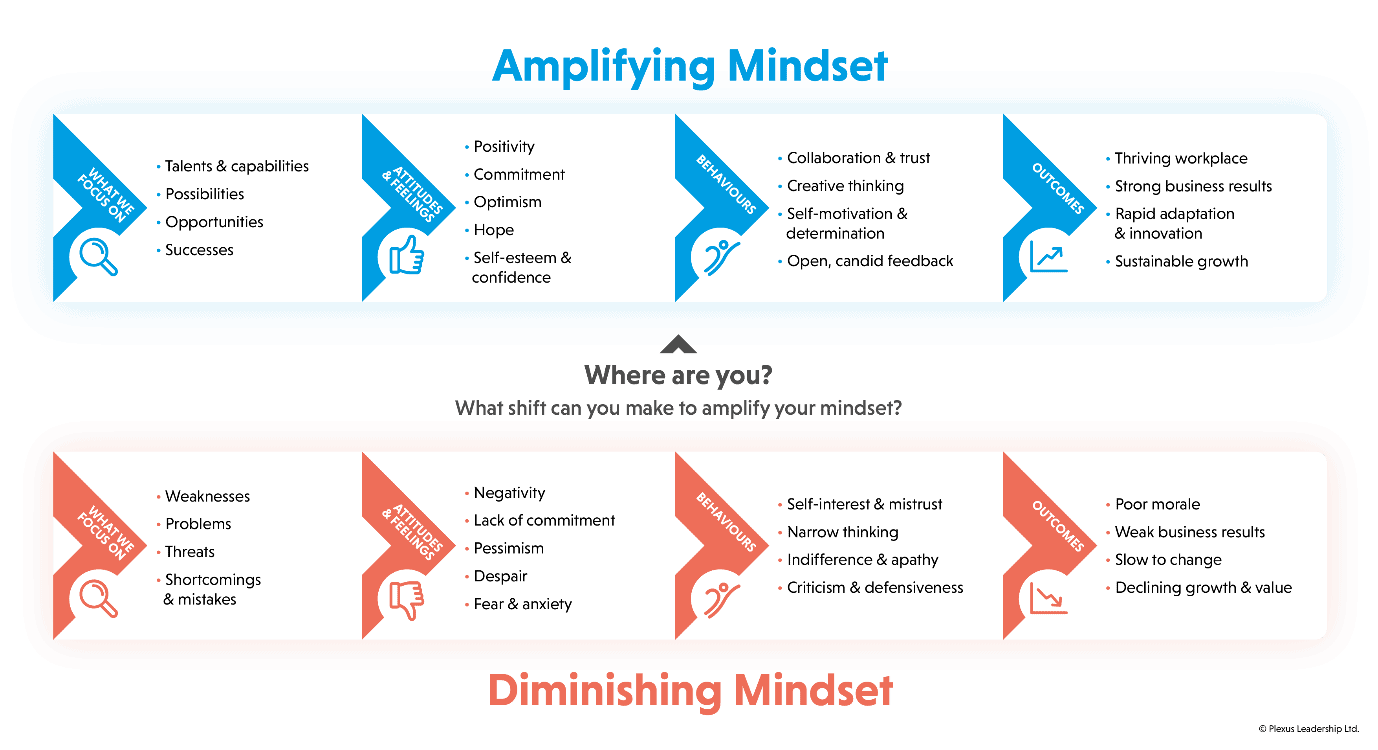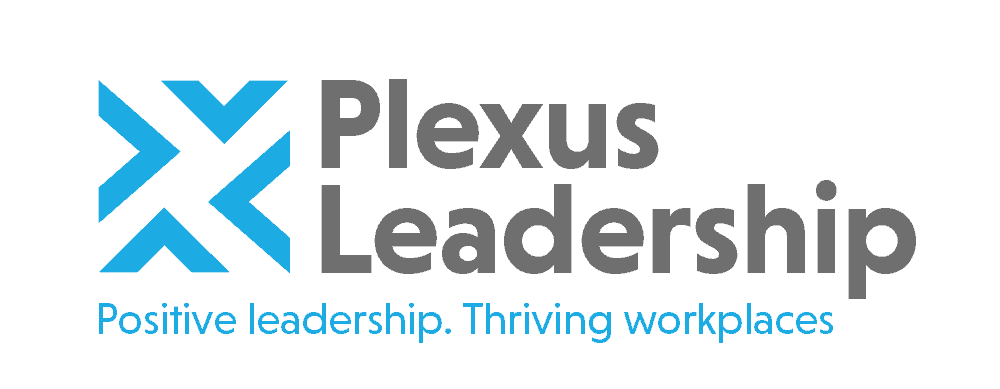The world of work is changing faster and more profoundly than most of us could have ever imagined. Positive psychology and people practices can transform the way organizations manage people, especially during times of great change and uncertainty. Studies show that organizations applying these positive approaches create thriving workplaces where people do their best work, enjoy better work lives, and are strongly committed to helping the business shape a sustainable future. Below are five positive people practices that HR and leadership teams should prioritize to create excellent employee experiences and better business results.
Positive leadership that delivers peak performance in fast-changing times
Positive leadership is a leadership approach that helps leaders, teams and organizations achieve breakthrough performance, thriving workplaces, innovation and sustainable growth. It focuses on creating positive value for multiple stakeholders rather than just for shareholders.
Positive leaders inspire people with a meaningful purpose beyond profit, create connected organizations built around positive relationships, deliver exceptional results through peak performing teams and accelerate adaptation with collaborative learning cultures.

Because it focuses on developing employees’ positive emotions, strengths and capabilities, positive leadership empowers people to achieve their best performance and navigate change. It also helps them develop vital psychological capacities including resilience, agility and grit, necessary to adapt to the uncertain world we now live in.
Accelerating psychological safety and creative thinking
Many organizations are promoting psychological safety as a fundamental pillar or their wellbeing strategy. This is crucial for people to feel valued, supported and willing to share their opinions and ideas openly, without having to worry about negative consequences.
However, there is another compelling reason to pursue a culture where psychological safety becomes the norm and candour is encouraged. To succeed in today’s ever-changing environment, organizations are going to need to accelerate creative thinking and innovation. The only way to do this is to ensure everyone feels there is a safe environment to offer up their ideas and feedback, no matter how controversial these are. If this is done effectively, it accelerates innovation and creates an enduring competitive advantage for the company.
Enabling people to optimize their natural strengths
To get the very best out of people we need to help them discover and optimize their natural strengths, as these are the qualities that will enable them to stand out. By building teams that optimize employees’ combined strengths, we can unlock higher performance, motivation, confidence and innovation. Gallup’s global research spanning almost 50,000 business units in 45 countries showed that strengths-based management practices can improve employee engagement by 15% and profitability by up to 29%.
Having worked in the strengths-based talent management area for over 20 years, including co-founding and leading Strengthscope® for 13 years, I have seen many of the most successful organizations around the world benefitting from a strengths-based people management strategy. To learn more about how to integrate a strengths-based approach into the DNA of your organization, you can read my paper on the topic in the Strategic HR Review or get yourself a copy of my book, Optimize Your Strengths.
Building resilience and psychological fitness
Contrary to popular belief, resilience isn’t about being so tough-minded that you don’t experience negative effects of stress and setbacks. Rather, it is the ability to bounce back quicker from adversity and stressful events than people with lower resilience. Although some people are naturally more resilient than others, everyone can learn to be more resilient by learning tried and tested skills and techniques that are backed by decades of research.
Leaders can promote more resilience by building a work culture where it’s ok for people to speak up about the pressures they are experiencing and how these are impacting their mental health. Organizational cultures that expect people to be super-heroes with infinite capabilities typically undermine people’s wellbeing, causing burnout, unwanted attrition, lawsuits and a host of other problems. By cultivating listening, caring and supportive workplaces where people can express their vulnerabilities and get the support they need, leaders will create a stronger, more resilient culture. Click here for more on how to help leaders tackle negative stress and pressure.
Encouraging an amplifying, growth-oriented mindset
Mindset can be defined as our system of attitudes and beliefs that shape our thoughts and actions. It is the ‘lens’ through which people make sense of the world and events around them. Many businesses like Microsoft have embraced what Stanford Professor Carol Dweck refers to as the “growth mindset”. According to Dweck, people with fixed mindsets don’t believe they can grow and learn throughout their lives. They assume talents are innate or ‘fixed. They therefore look for approval for qualities and know-how they already possess. Conversely, people with a growth mindset are curious, open-minded and seek ongoing learning, development and stretch.
Building on Dweck’s research, we have developed a powerful Amplifying vs Diminishing Mindset™ transformation framework, see diagram below, for helping individuals and teams to understand their mindset and how it is impacting their work, relationships, learning and overall happiness.

People’s mindsets aren’t fixed. They can choose to move from the Diminishing to the Amplifying Mindset when they become more conscious about how their mindset shifts in response to situational triggers. Our mindset and behaviors are shaped by what we choose to focus on. If we focus on weaknesses, problems, threats, and shortcomings, that is all we’ll end of seeing. By focusing more on talents, possibilities, opportunities and successes, we can unlock positive attitudes and behaviors that improve our performance, wellbeing and success. The key for leaders is to help people become more aware of their mindset, especially during times of significant stress and pressure. This will enable people staying into the Diminishing Mindset to change course and adopt a more Amplifying Mindset.
It is important to point out that research on mindset is far from conclusive. Even Professor Dweck’s popular “growth mindset” has attracted a lot of critique in recent academic papers. However, in my own experience, mindset is hugely powerful for helping people and organizations build greater self-awareness and perspective on how their underlying beliefs and assumptions shape their decisions, actions, and relationships.
Powerful megatrends and disruptive ‘black swan’ forces like Covid are causing major shifts in beliefs and assumptions about the way we manage, motivate, and develop people. Positive psychology and positive people practices offer leadership and HR teams a refreshingly different and empowering way to unlock greater performance, innovation and sustainable growth. There are literally dozens of new techniques and tools emerging in this fast-growing area, however, the five outlined here are a great starting point for any organization wanting to harness the benefits of positive people practices.
Join us to learn more about Positive People Practices at our interactive webinar at 2pm GMT on 30 March 2020.
Other Posts

About the Author
James Brook
Founder and MD | Leadership Consultant | Organizational Psychologist
James is a leadership consultant, organizational psychologist and executive coach. He has over 25 years’ experience working with leaders, teams and organizations globally to optimize their performance, talent and future success. He specializes in positive leadership, thriving workplaces, collaboration and influencing, organizational change and transformation, accelerating innovation and coaching executives and leaders in innovative sectors including Tech, Digital, E-commerce and Life Sciences.
Before setting up Plexus Leadership, James held leadership roles in HR and Talent Management in the UK and abroad with companies such as NatWest, Yahoo! and Novo Nordisk Pharmaceuticals. After this, he founded and led several talent and leadership consulting and assessment businesses, including Strengthscope®, an online strengths assessment and development business serving a wide range of UK and global clients. James grew this venture into a global market leader before selling the business in 2018.
James has supported, advised and coached leaders and teams globally across diverse industries and geographies. Clients he has worked with include Allen & Overy, Commvault, Equinor, Facebook, GSK, Hilton, John Lewis, Novartis Pharmaceuticals, NHS, Oracle, Sainsbury’s, Swiss Re, Tesco, Takeda Pharmaceuticals, WSP and Yahoo!.
James has a Master’s in Organizational Psychology, an MBA, an Advanced Diploma in Executive Coaching and a Harvard Business qualification in Sustainable Business Strategy. He is a member of the Institute of Directors, the Association of Business Psychologists and a Fellow of the Chartered Institute of Personnel and Development (FCIPD). He is currently undertaking a PhD in Organizational Psychology examining the start-up experiences of Tech and Digital entrepreneurs.
James is a regular contributor and speaker on leadership, coaching, innovative talent management and the future of work. His most recent book, Optimize Your Strengths, explores how leaders can create thriving workplaces by inspiring and supporting people to optimize their potential and teamwork to deliver breakthrough results.





